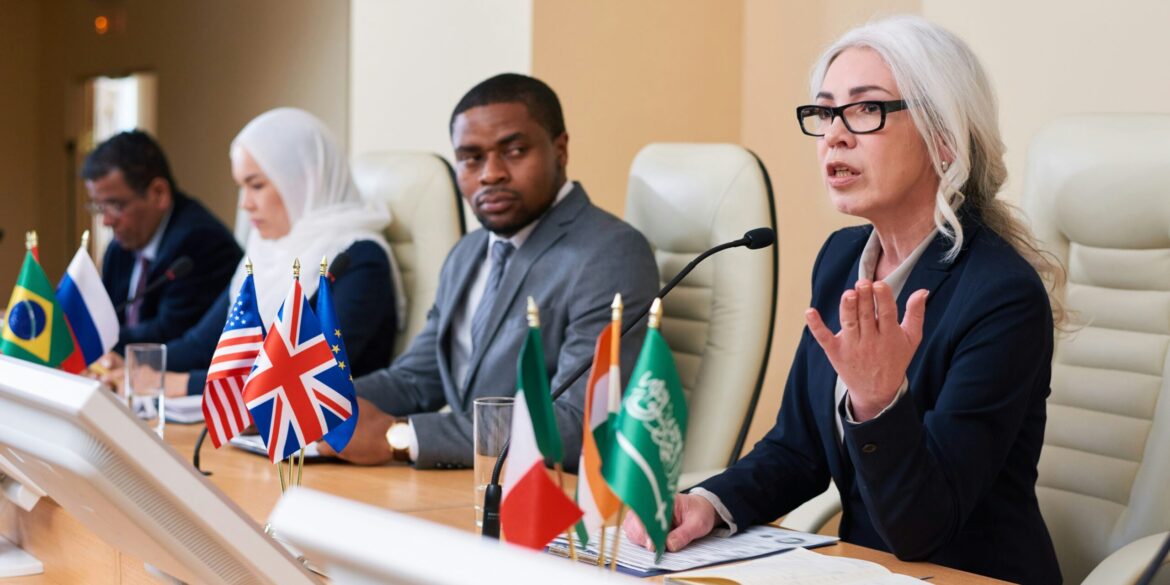Violet Affleck, the 19-year-old daughter of actors Ben Affleck and Jennifer Garner, addressed the United Nations this week in a speech that placed long COVID and public health equity firmly back into the global spotlight. Wearing a KN95 mask as a visual reminder of her advocacy, Violet delivered a passionate plea for greater recognition of the ongoing crisis posed by COVID-19 and the millions of people worldwide who continue to suffer long-term symptoms.
Her remarks underscored the view that long COVID is not a fleeting issue but one that has become an enduring public health challenge. Violet spoke directly about the persistence of chronic conditions, saying that despite political leaders’ eagerness to declare the pandemic over, communities around the world continue to grapple with lasting impacts. She cited research suggesting that long COVID is already more prevalent among young children than asthma, calling it a crisis that could define the health outcomes of an entire generation.
Violet’s speech emphasized several key priorities for policymakers. Chief among them was the urgent need for global collaboration on long COVID research, surveillance, and care. She argued that while national responses to the pandemic had often been fragmented, the fight against its long-term effects requires a united international approach. She urged governments to increase funding for studies into long COVID, establish networks for long-term patient monitoring, and make equitable access to treatment a priority.
Read Also: https://primetimepress.com/spotlight-on-group-b-strep-awareness-as-july-commences/
The address also drew attention to the often-overlooked role of environmental health in pandemic resilience. Violet highlighted the need for investment in clean indoor air systems, comparing air filtration to clean water in its essential importance for public well-being. She criticized what she described as a moral failure of leadership in not prioritizing ventilation upgrades and airborne protections, particularly in schools, workplaces, and healthcare facilities. Such measures, she argued, would not only protect against COVID-19 but also reduce the spread of other respiratory illnesses that burden health systems worldwide.
In her remarks, Violet also voiced frustration at the lack of attention given to younger populations in pandemic policy. She accused global leaders of sidelining youth voices, saying that while politicians frequently describe young people as “the future,” their immediate concerns and present struggles are often ignored. She stressed that the pandemic had disrupted education, mental health, and economic stability for her generation, and warned that failing to address long COVID now would have repercussions that extend for decades.
Her speech resonated widely, both for its substance and for the symbolism of a young advocate standing before world leaders on a global stage. Advocates for long COVID patients praised Violet for using her platform to amplify voices that often struggle to be heard. For many survivors, her remarks validated their ongoing experiences of fatigue, neurological issues, and other debilitating symptoms that have been dismissed by some as exaggerated or temporary.
At the same time, the address reignited debates about public health priorities. Critics questioned whether her prominence was partly a product of her celebrity background, while supporters argued that her family connections only helped to draw much-needed attention to a neglected crisis. The polarized reaction reflects the broader difficulty of maintaining political momentum for pandemic-related issues in a world eager to move on.
Still, Violet’s intervention may prove significant in shaping how long COVID is addressed at both national and international levels. By linking the issue to broader themes of healthcare equity, infrastructure investment, and youth advocacy, she reframed long COVID as more than just a medical problem. Instead, she presented it as a test of society’s willingness to learn from the pandemic, listen to patients, and treat long-term health impacts with seriousness.
The UN appearance underscored a shift in how public health discourse is evolving in 2025. COVID-19 is no longer discussed solely in terms of emergency response but increasingly in terms of chronic management and structural adaptation. Violet Affleck’s speech helped bring these issues back into focus at a time when global leaders are juggling economic pressures, climate change, and geopolitical crises. By centering patient voices and demanding systemic solutions, she amplified the message that the pandemic’s story is not over—and that what happens next will define public health for years to come.

